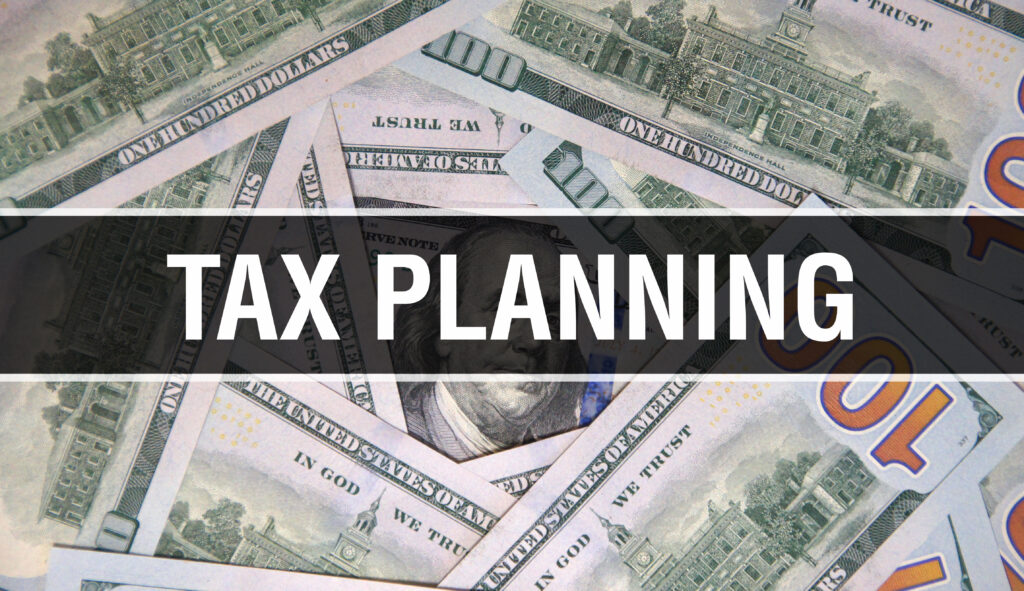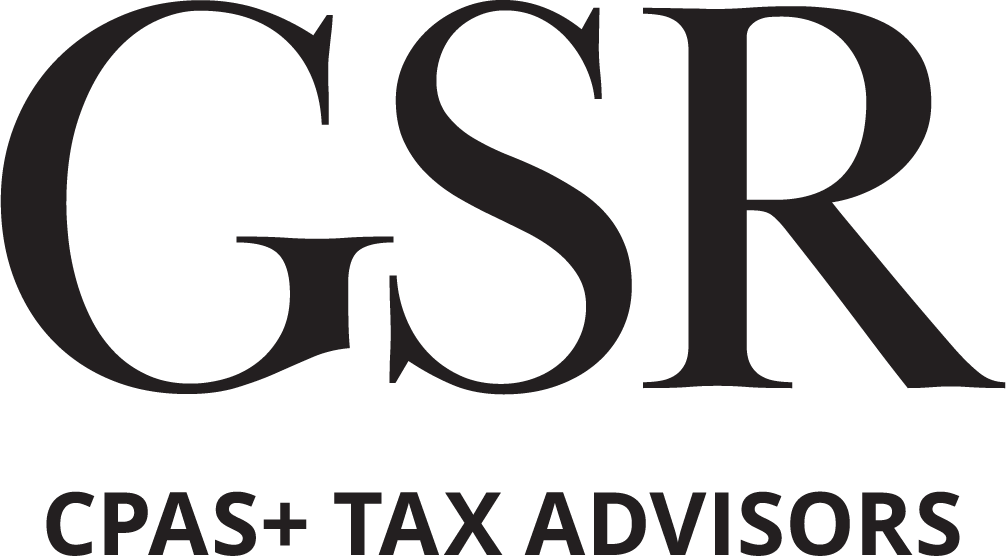
Tax planning is when taxpayers use knowledge of tax laws in order to pay the least amount of taxes legally allowed. Tax planning makes tax season less daunting – but knowing efficient tax planning strategies can be difficult, as everyone’s situation is different. Working with a certified public accountant allows you to formulate and implement tax planning strategies that work for you and your business so that you can minimize your tax liability and maximize your deductions.
Before meeting with your CPA to start tax planning, you’ll want to ensure that you’re as prepared as possible so that your meeting goes smoothly. Here is a general checklist you can use when you’re ready to meet with a CPA about tax planning. If you have any questions about whether or not you have everything your CPA needs, you can give them a call.
#1. Set A Deadline
Don’t wait until Tax Day looms overhead. Give yourself plenty of time to prepare. Setting a deadline by which you want to get everything in order allows you to be able to review your strategies and check, double-check, and triple-check any iffy areas in your records.
#2. Gather Your Financial Records

If you’re on top of your records, this should be straightforward. However, if your books are in disarray, this could take more time. You’ll want income statements, balance sheets, bank statements, invoices received and paid, and other records, such as inventory records. Your CPA will provide you with an agreement to sign for their work once pricing and scope of work have been agreed upon.
#3. Compile Business Expenses
The IRS categorizes most business costs as tax write-offs. You’ll want to keep careful records of these and make sure that you’re not mixing personal and business expenses together. Using a credit card for both personal and business expenses rather than strictly for business increases your risk of a tax audit.
#4. Summarize Estimated Tax Payments And Investment Activity
Small businesses are required to make quarterly estimated tax payments. When it comes time to file your income taxes, having a summary of the estimated payments you made and when you made them can be useful in reducing your tax liability.
You’ll also want to summarize your investment activity for tax planning purposes, as this is useful for tax deductions. Include IRA accounts in this.
#5. Note Ownership Changes
A change in ownership impacts your business’s equity. It’s important to inform your CPA if your business has undergone a change in ownership so that they can properly help you in your tax planning ventures.
#6. Meet With Your CPA

Of course, you’ll want to meet with your CPA after getting all your records in order. Your CPA has the knowledge of ever-changing tax laws and regulations in order to provide you with current, accurate information relevant to your specific situation for optimal tax planning.
Depending on your business, there are a few different ways you can reduce your tax liability. Your CPA will advise you on the best options for you, but here are some general strategies businesses may implement.
- Business income deferral
- Business expense acceleration
- Timing the payments on bonuses
- Inventory management strategies
- Making the most of your deductions
- Being proactive about equipment procurement and depreciation
- Leveraging tax credits
- Making charitable donations
- And more
By staying on top of how you utilize tax planning strategies and ensuring your books are accurate and up-to-date, you may be able to reduce your tax bill.
Ready To Start Tax Planning?
Golub, Senitt, Rosenberg & Co. is here to help you grow your business. From tax planning and tax risk consultation to financial consulting, controllership services, and fractional CFO services, our CPAs are dedicated to providing you with timely, accurate work. We focus on building a partnership with our clients to help you not just now, but in the future.
Contact us today to schedule a consultation or to learn more about the accounting services we provide throughout sunny LA county.
